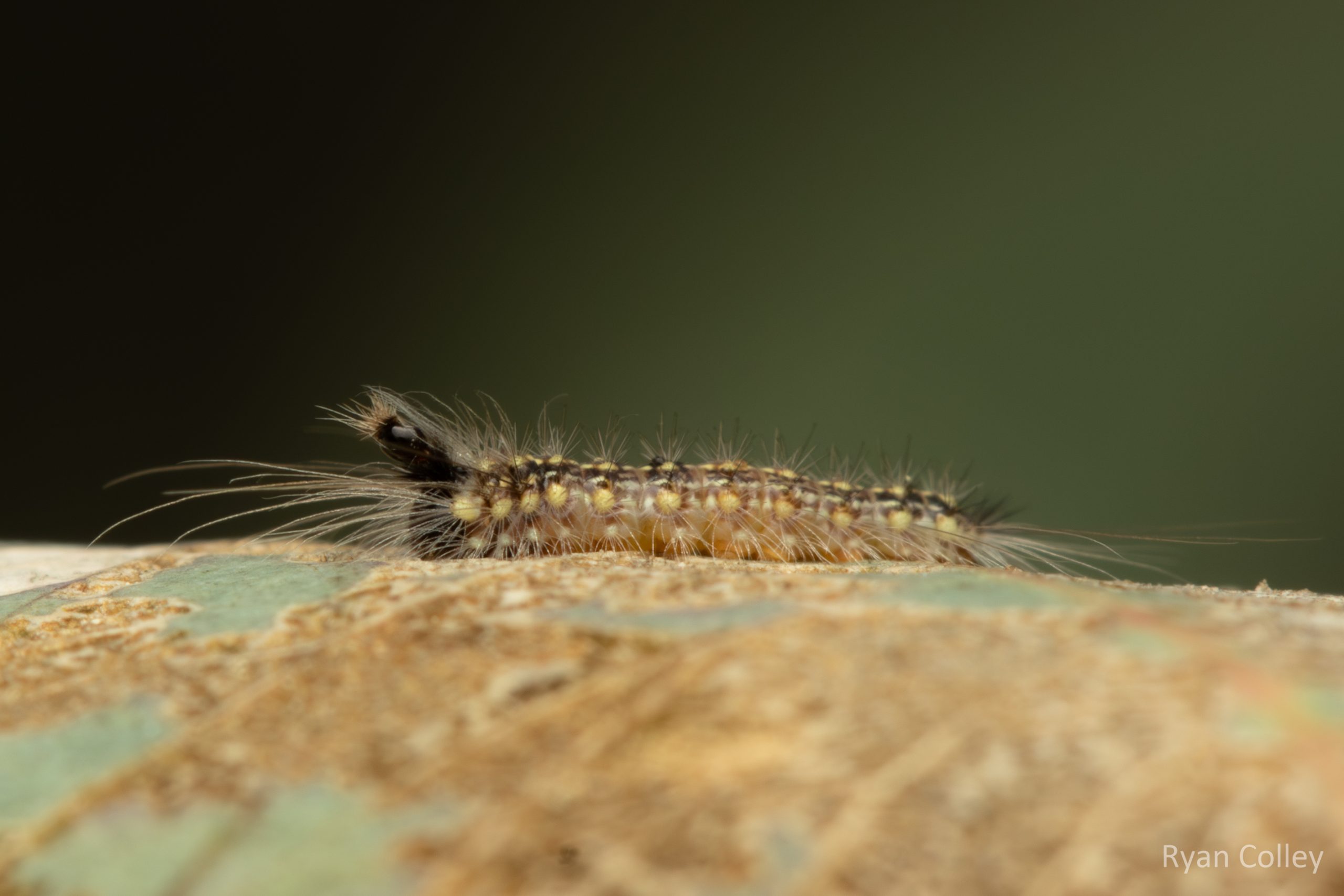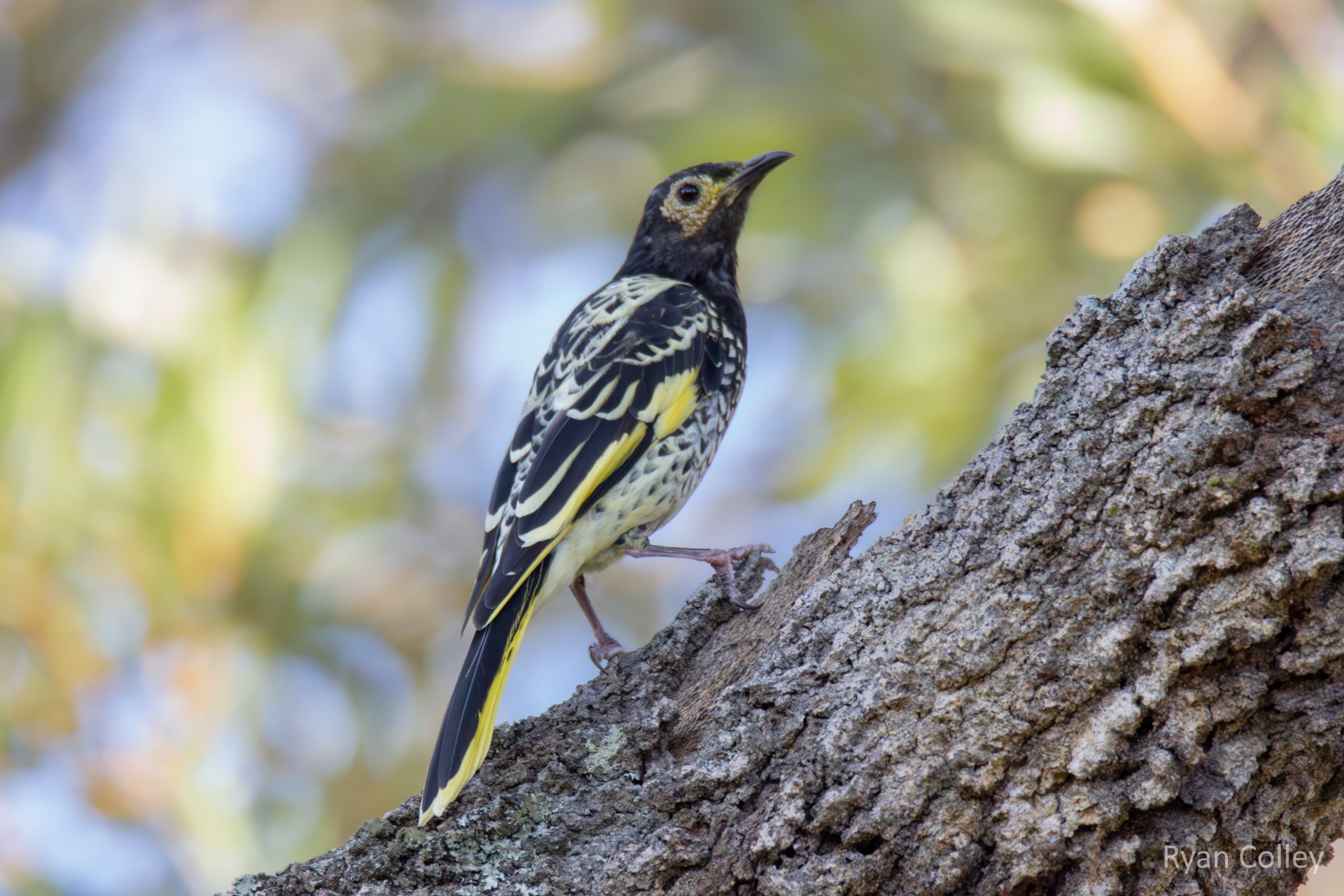Our Environment for Kids website contains fun and engaging content across five environmental topics for students in Years 4-6.
Check it out for quizzes, games, and hands-on learning!

Ngunnawal Country | 2023
We acknowledge the Ngunnawal people as Traditional Custodians of the ACT and surrounding region. We also acknowledge the Traditional Owners of Country throughout Australia. The health and wellbeing of Country and people are connected. The world’s oldest continuing cultures, Australian Aboriginal and Torres Strait Islander cultures, have held this truth for tens of thousands of years.
The ACT’s 2023 State of the Environment Report fulfils the Commissioner for Sustainability and the Environment’s statutory requirement to provide the ACT community and Government with commentary and analysis about the environment in the Territory.
This website contains an expanded version of the printed report, which was tabled in the ACT Legislative Assembly on the 21st of March 2024 by the Minister for Environment, Rebecca Vassarotti. The formal ACT Government response to the report was tabled on the 6th of June 2024.
Download the Summary Report DOWNLOAD THE GOVERNMENT REPONSE
Our Environment for Kids website contains fun and engaging content across five environmental topics for students in Years 4-6.
Check it out for quizzes, games, and hands-on learning!

Our Environment for Youth website contains accessible content across 10 environmental themes for students in Years 7-10.
Check it out for downloadable teacher resources, experiments and inspiring local success stories.


Dr Sophie Lewis is the ACT Commissioner for Sustainability and the Environment. The Commissioner is an independent statutory position established by the Commissioner for Sustainability and the Environment Act 1993. Dr Lewis is supported by a small team.
The 2023 State of the Environment Report has been developed independently by the Office of the Commissioner for Sustainability and the Environment, assisted by the views of a wide range of experts.
Thanks go to Sean Grimes, the Director of State of the Environment Reporting, for the rigorous analysis which underpins this report, and to Miranda Gardner, Victoria Herbert, Vanessa Lavis, Megan Reichstein and Connie Leon in the Office who contributed their skills.
Thanks to the following ACT directorates and agencies which provided the data, policy and other information used in this report, and undertook reviews of draft content: Environment, Planning and Sustainable Development; Transport, Canberra and City Services; Health; Education; Environment Protection Authority; Chief Minister, Treasury and Economic Development; Justice and Community Safety; ACT Emergency Services Agency; and the City Renewal Authority.
Thanks also go to expert contributors and reviewers including:
Other content contributors include ACT for Bees and Other Pollinators, ACT Waterwatch, Alluvium Consulting, Australian Bureau of Statistics, Australian Electric Vehicles Association, Australian National University, Bureau of Meteorology, Canberra City Farm, Canberra Indian Miner Action Group, Canberra Ornithologists Group, Chapman Primary, Community Toolbox Canberra, Conservation Council ACT Region, Frogwatch, GHD Pty Ltd, Global Worming, Hall Honeys, Hawker Repair Café, Icon Water, Landcare ACT, Majura Valley Free Range Eggs, National Capital Authority, NatureArt Lab, North Ainslie Primary, Pip Swayn, Rural Landholders Association, SEE-Change, Soils for Life, Southwell Scout Venturers, Stellulata Co-housing, Thor’s Hammer, Two Before Ten and the University of Canberra.
Photo credits go to ACT Government, ACT Waterwatch, Warren Bond, Ryan Colley, Jennilee Cumberland, Sitthixay Ditthavong, Fire Ecology Team – Office of Nature Conservation, Brian Hawkins, Mark Jekabsons, Nathan Kay, David Lee, Darren Le Roux, Adam Mclachlan, Lauren Sandeman, Stacey Semiklit, Kate Shaw, Raw Shorty, Didi Sommer, Soils for Life, Richie Southerton, Rohan Thomson, Alica Tschierschke, James Walsh and Andrew Zelnik.
Website by April77 Creative.
